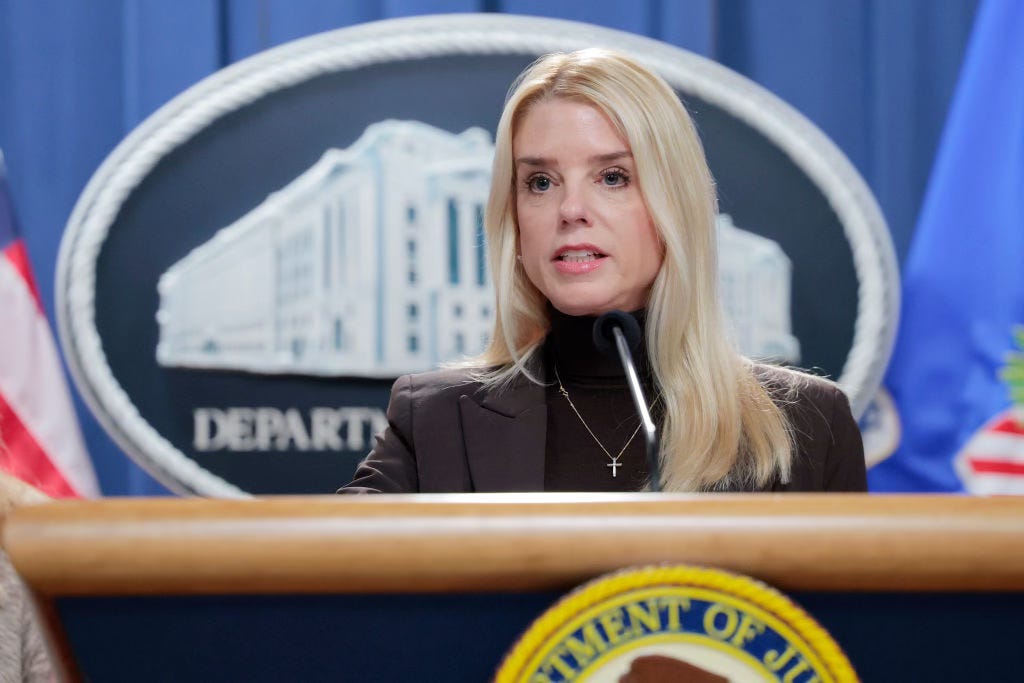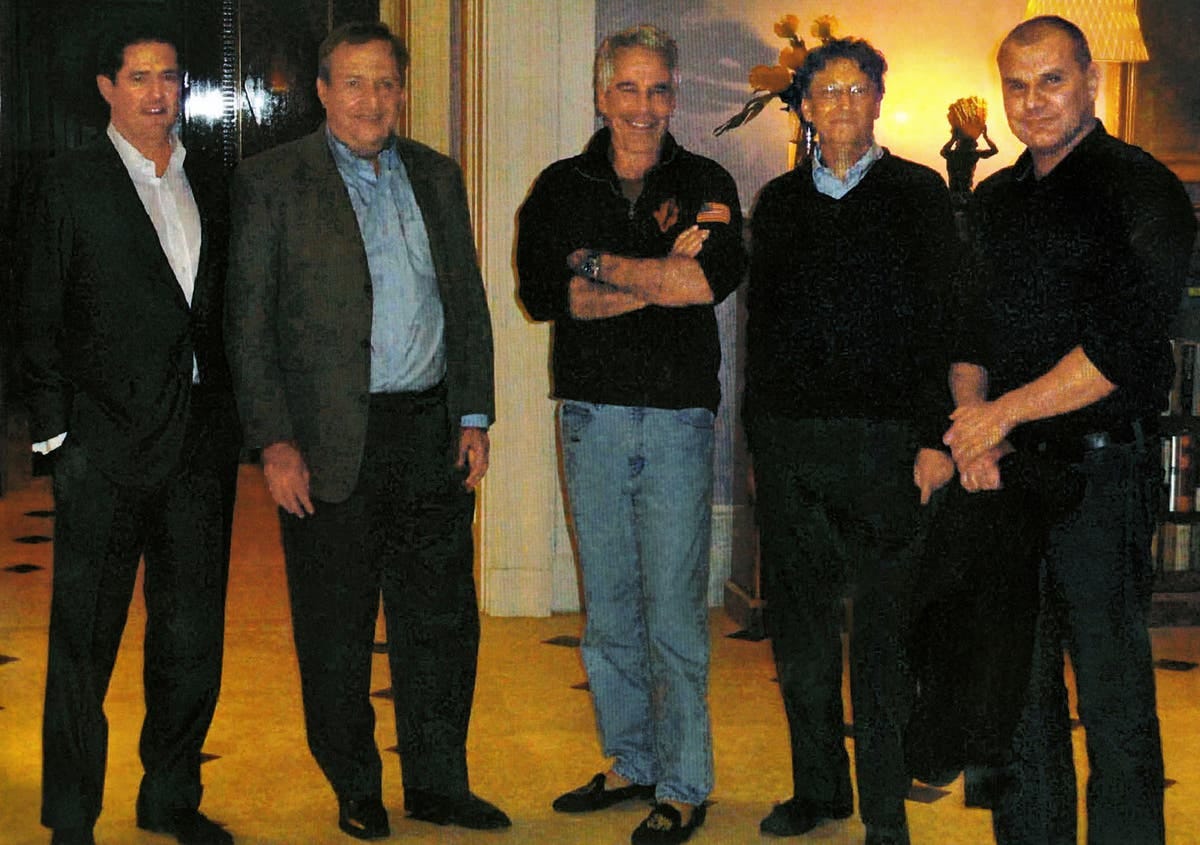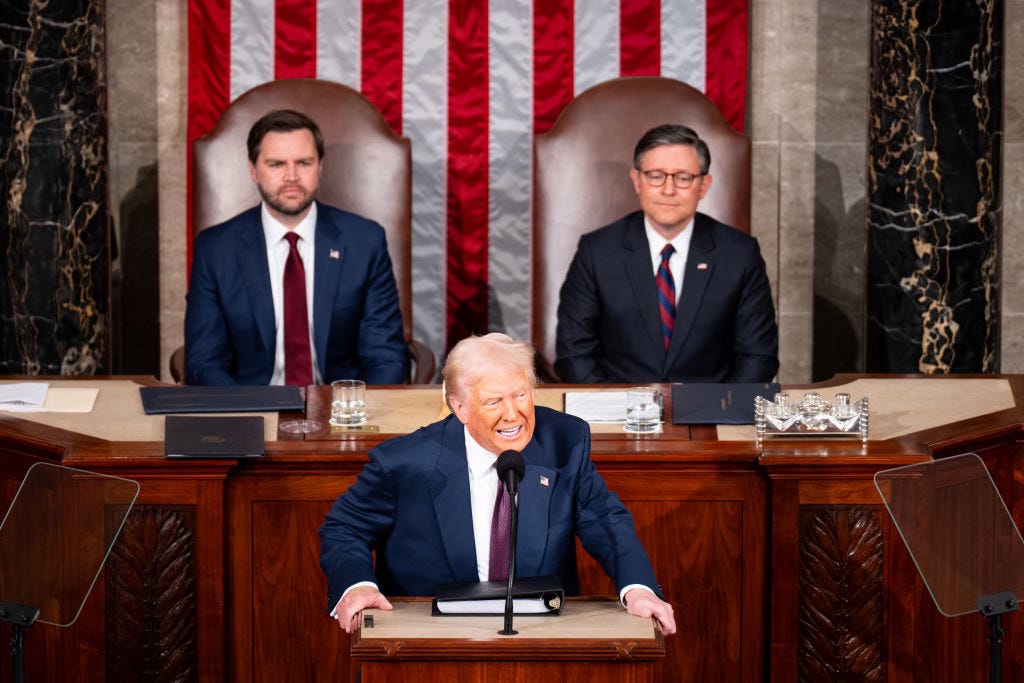On February 6, four direct descendants of President Theodore Roosevelt wrote to United States senators to ask them to vote against a measure that opens up the Boundary Waters Canoe Area Wilderness (BWCAW) in Minnesota to the Chilean mining giant Antofagasta Plc and its subsidiary Twin Metals Minnesota. Antofagasta wants to build a copper-nickel mine just outside the BWCAW on national forest land.
The BWCAW is made up of more than a million acres, or over 4,000 square kilometers, of pristine forests, glacial lakes, marshes, and streams in the Superior National Forest in the northeast of Minnesota. It runs along 150 miles (about 240 kilometers) of the border with Canada, linking with the slightly larger Quetico Provincial Park on the other side of the border. The BWCAW is the most visited wilderness in the U.S., with about 250,000 visitors annually. The Interior Department estimates that it contributes more than $17 million annually to the economy in northeastern Minnesota by supporting industries in the outdoor recreation business.
In 1909, President Theodore Roosevelt dedicated the lands that include the BWCAW as the Superior National Forest. Since then, presidents of both parties have protected the region, and in 1964 the BWCAW became part of the National Wilderness Preservation System. In 1978, after logging threatened to destroy the area, Congress passed the BWCAW Act, ending logging and snowmobiling in the wilderness area and restricting mining.
But in the early 2000s, mining companies proposed new copper mines in the national forest near the wilderness, and according to Luke Goldstein of The Lever, the owner of Antofagasta, Chilean billionaire Andrónico Luksic, began to try to get leases from the U.S. government for exclusive mining rights to the lands near the BWCAW in 2012. In 2013, conservationists began a campaign to ban mining there, and in 2016 the Obama administration blocked Luksic's plans. Shortly after Trump was elected in 2016, Luksic bought a mansion in Washington, D.C., that he then rented to Trump's daughter Ivanka and son-in-law Jared Kushner.
In 2023, then–interior secretary Deb Haaland issued Public Land Order 7917 closing more than 350 square miles (900 square kilometers) of the Superior National Forest, upstream from the BWCAW, to mineral and geothermal leasing for 20 years after a comprehensive review by the U.S. Forest Service found sulfide-ore copper mining could cause irreparable damage.
Minnesota has a long history of iron mining, but the state has never had a copper-sulfide mine. Such mines are usually located in the Southwest, where there is little rain and not a lot of transfer between groundwater and the surface, for the simple reason that water compounds the dangers of sulfide mining. Copper-sulfide mining blasts rock from underground to claim the rock that has metal-bearing ore: less than 1% of it. Once exposed to the air, the sulfide minerals in the rock oxidize and combine with water to create toxic materials, including sulfuric acid. That toxic waste picks up heavy metals as it runs into watersheds or pits.
"Protecting a place like Boundary Waters is key to supporting the health of the watershed and its surrounding wildlife, upholding our Tribal trust and treaty responsibilities, and boosting the local recreation economy," Haaland said in a statement. "With an eye toward protecting this special place for future generations, I have made this decision using the best available science and extensive public input."
In response, Twin Metals said it has a mining design that would enable it to mine without generating acid mine drainage. It claimed it could limit the exposure of the sulfide-bearing ore to air and water. People who want to protect the BWCAW called for the state legislature to pass a "Prove It First" law that would require mining companies to prove their methods have worked safely elsewhere before they are imported into Minnesota.
Trump has pushed for mining to reopen in the area, and Republican Minnesota representative Pete Stauber called the moratorium on mining near the BWCAW "an attack on our way of life" and "a dangerous, purely political decision." On January 21, 2026, Republicans in Congress pushed through House Joint Resolution 140, a resolution introduced by Stauber to end the moratorium on mining.
Crucially, Stauber based his resolution on the 1996 Congressional Review Act (CRA), which established a way for Congress to overturn a rule by a federal agency, so long as the procedure was begun within 60 days of the agency submitting the rule to Congress for review. CRA resolutions are generally passed in the Senate as "expedited procedure," which means they cannot be filibustered and can pass with a simple majority. Once Congress rejects a rule, it cannot be reinstated without an act of Congress.
In its first 20 years, the CRA was used only once, but after Trump took office the first time, Republicans in Congress invalidated 16 rules that had been issued by the Obama administration. The Democratic-dominated Congress under Biden used the CRA 3 times. But once Trump got back into the White House, congressional Republicans dramatically expanded the authority of the CRA to include agency actions far beyond rules and the ability to claw back authority far beyond 60 days.
Stauber's Joint Resolution 140 would overturn a Public Land Order, something that has never before been considered a "rule." And it targets a Public Land Order that was issued a full three years ago. Jack Jones and Richard L. Revesz of The Regulatory Review said the Republicans' expanded use of the law "violates the law, threatens to disrupt countless long-settled agency actions moving forward, and imperils the stability of agency action and the reliance interests of regulated entities."
The authors noted that Congressional Republicans have been using the CRA primarily to overturn environmental regulations. If this measure, with its expanded parameters of time and scope, passes, those who want to protect the environment from industrial development worry that Congress can target virtually any action to protect the public lands, retroactively.
The Senate is set to vote this week on the measure to reopen the lands above the BWCAW to copper-sulfide mining. Senator Tina Smith (D-MN) is leading the charge against its passage. "We appreciate that mining is crucial to our economy and our national security and our way of life, but that is not what this mine is about. This mine is about a very well-connected, foreign mining conglomerate, Antofagasta," she said outside the Minnesota State Capitol on Wednesday. "It wants to develop this mine, dig up the copper, leave us with the mess, then send the metal most likely to China, and then sell it back to us or whoever is willing to pay the highest price."
It will take four Republicans joining the Democrats to block the measure from moving forward.
In their February 6 letter, descendants of three of Roosevelt's sons—a fourth, Quentin, died in combat in World War I and left no children—stated that its purpose was "to strongly recommend all Senators vote against H.J. Res. 140, to ask you to work with President Trump to seek ways to permanently protect the Boundary Waters, and to send a unified message that America is still a land that relentlessly protects its greatest wilderness terrain."
The Roosevelts noted that the proposed mining is "the opposite of America First." "The mining company in question is foreign owned, will use Chinese state-owned smelters, and will then sell the extracted metals on the open market." Opening the area to mining "removes the American public from public land decision making," as hundreds of thousands of Americans have made it clear they overwhelmingly want the BWCAW protected forever.
Opening up the land for mining "disregards sound science," they wrote, noting that a detailed scientific review had "documented the substantial risk copper mining poses to this highly valued ecosystem." Copper mining near the BWCAW "would deal a crushing blow to a great rural American economy—it would kill jobs, dampen growth, decrease affordability, and erase any meaningful prospects for future economic prosperity in the region."
Overturning the Public Land Order "sets a very bad precedent for other public lands." "Using the CRA in this fashion, which has never been done before, would put at risk other public land withdrawals across America to similarly irresponsible actions."
"Finally," the Roosevelts wrote, "the proposed resolution is diametrically at odds with the conservation legacy of President Theodore Roosevelt (TR)," who protected around 230 million acres of land during his presidency. TR protected the Superior National Forest in 1909, and "there's no doubt TR wanted Minnesota's greatest natural resource, its most beloved Boundary Waters ecosystem, protected in perpetuity for all future generations to enjoy."
They "strongly" asked senators of both parties to "vote no on this resolution and any other similar legislation proposed in the future." Theodore Roosevelt IV, Tweed Roosevelt, Kermit Roosevelt III, and Mark Roosevelt concluded their message: "The four of us…have never collectively co-signed a letter together, which should give an indication of how strongly we support voting no on this resolution—and then voting yes on permanent Boundary Waters protection."
—








